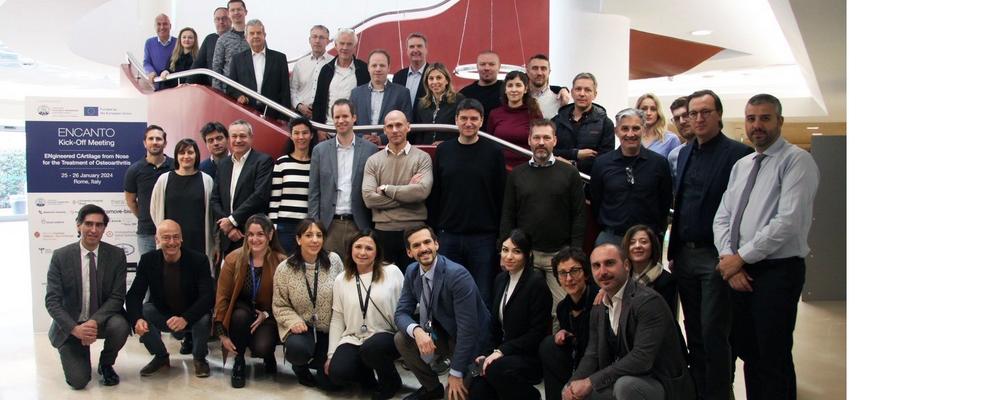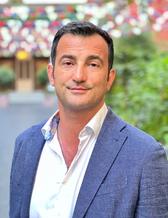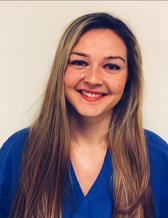Investigating engineered cartilage as a treatment for osteoarthritis
A newly established European research collaboration aims to investigate whether engineered cartilage can be used to treat a common form of osteoarthritis that causes pain in the front part of the knee joint. The EU is investing a total of 11 million euros in the project. Researchers at the University of Gothenburg are contributing, among other things, by enrolling patients and analyzing the results.
The consortium consists of the following parties:
CLINICAL CENTERS:
- Fondazione Policlinico Universitario Campus Bio-Medico (FPUCBM), Rome, Italy (coordinator)
- University of Milan and Ospedalde Galeazzi Spa, Milan, Italy
- University Hospital Basel/University Hospital Basel, Switzerland (UNIBAS/USB, tillverkare av N-TEC)
- University Hospital Sveti Duh, Zagreb, Croatia
- Julius-Maximilians-Universität Würzburg, Würzburg, Germany
- University Hospital Würzburg, Würzburg, Germany (UKW, tillverkare av N-TEC)
- Evangelisches Waldkrankenhaus Spandau, Berlin, Germany
- Medizinische Universitaet Wien, Vienna, Austria
- Orthopedic Hospital Vienna-Speising, Vienna, Austria
- Zeromski hospital Krakow, Krakow, Poland
- University of Gothenburg/Sahlgrenska University Hospital, Gothenburg, Sweden
OTHER PARTIES:
- CrossKlinik Basel, Basel, Switzerland
- Maastricht University, Maastricht, Netherlands
- University of Oulu, Oulu, Finland
- PROMOVE-BIOTEC GmbH, Germany
- Videoreha ltd., Croatia
- TheraCell Advanced Biotechnology, Greece
Area
Health and
medicine


